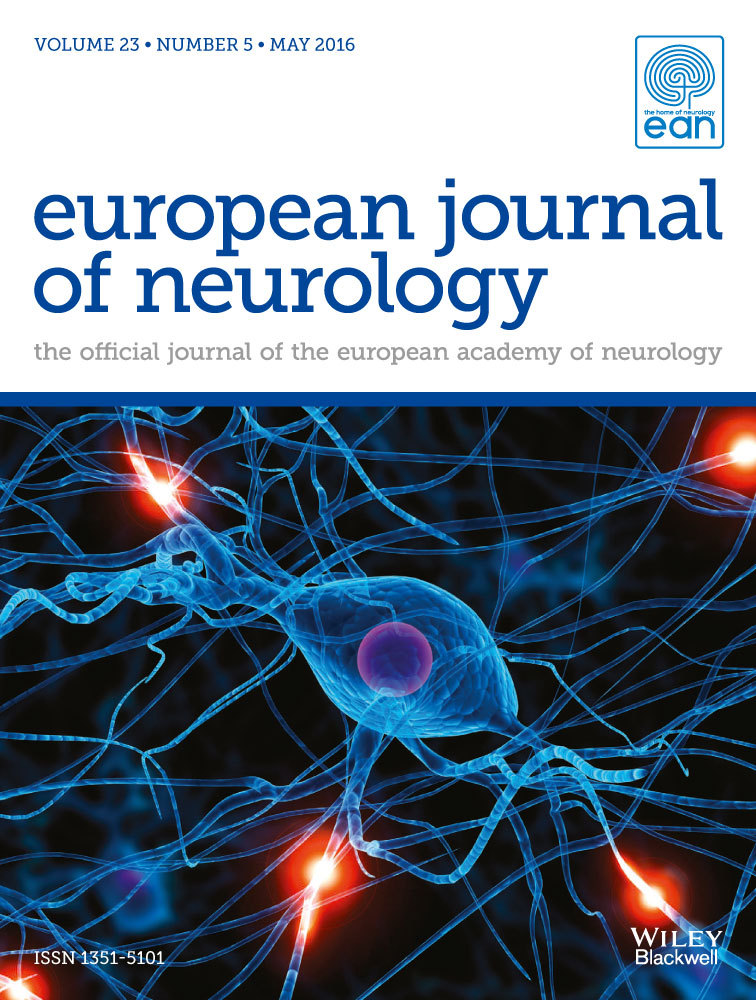Neuroanatomical correlates of tube dependency and impaired oral intake after hemispheric stroke
Abstract
Background and purpose
Acute stroke patients with severely impaired oral intake are at risk of malnutrition and dehydration. Rapid identification of these patients is necessary to establish early enteral tube feeding. Whether specific lesion location predicts early tube dependency was analysed, and the neural correlates of impaired oral intake after hemispheric ischaemic stroke were assessed.
Methods
Tube dependency and functional oral intake were evaluated with a standardized comprehensive swallowing assessment within the first 48 h after magnetic resonance imaging proven first-time acute supratentorial ischaemic stroke. Voxel-based lesion symptom mapping (VLSM) was performed to compare lesion location between tube-dependent patients versus patients without tube feeding and impaired versus unimpaired oral intake.
Results
Out of 119 included patients 43 (36%) had impaired oral intake and 12 (10%) were tube dependent. Both tube dependency and impaired oral intake were significantly associated with a higher National Institutes of Health Stroke Scale score and larger infarct volume and these patients had worse clinical outcome at discharge. Clinical characteristics did not differ between left and right hemispheric strokes. In the VLSM analysis, mildly impaired oral intake correlated with lesions of the Rolandic operculum, the insular cortex, the superior corona radiata and to a lesser extent of the putamen, the external capsule and the superior longitudinal fascicle. Tube dependency was significantly associated with affection of the anterior insular cortex.
Conclusions
Mild impairment of oral intake correlates with damage to a widespread operculo-insular swallowing network. However, specific lesions of the anterior insula lead to severe impairment and tube dependency and clinicians might consider early enteral tube feeding in these patients.




